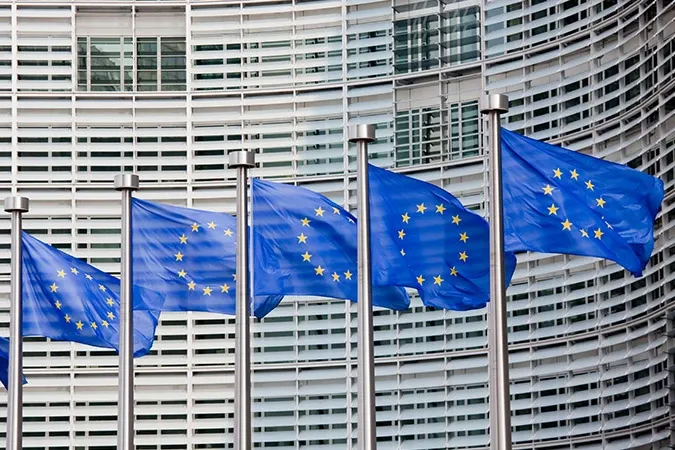The US Suspended Tech-Trade Talks with the UK
The US administration suspended technology-related negotiations with the UK government.

The European Commission outlined different options for taxing digital companies as the bloc seeks to raise money from an industry that it says provides less than it should to public coffers, according to Bloomberg.
Europe’s current tax rules were designed for the traditional economy and don’t capture companies’ activities based on intangible assets and data, the commission said in an emailed statement. The plan comes the week after European Union finance ministers discussed how to adapt tax policy to better address global technology companies, which pay a 10.1 percent average tax rate compared with 23.3 percent for traditional firms.
The commission’s options include inserting digital taxation rules into the general international framework for corporations; an “equalization tax“ on sales; a “withholding tax“ on digital transactions’; or a levy on the revenue generated from advertising or the provision of digital services. “We now want to create a level playing field so that all companies active in the EU can compete fairly, irrespective of whether they are operating via the cloud or from brick and mortar premises,“ European Commissioner for Taxation Pierre Moscovici said.
The battle has intensified since the commission last year ordered Apple Inc. to pay as much as 13 billion euros plus interest in back taxes, saying Dublin illegally slashed the iPhone maker’s obligations to woo the company to Ireland. Apple and the Irish government are fighting the decision. In another case, Google in July won its battle against a 1.12 billion-euro French tax bill after a court rejected claims the search-engine giant abused loopholes to avoid paying its fair share.
But even though momentum has picked up across the EU to tackle this issue, some of the finance ministers meeting in Tallinn, Estonia, last week said it should be dealt with at a global level instead. Any opposition will affect the ultimate legislation since the bloc requires unanimity among its 28 members to implement tax policies.
While the commission paper said that the first focus should be on pushing for a reform of international tax rules, it also said that if no such global consensus can be found, the EU should proceed alone with a new way to tax these companies. “In the absence of adequate global progress, EU solutions should be advanced within the single market and the commission stands ready to present the appropriate legislative proposals,“ it said.